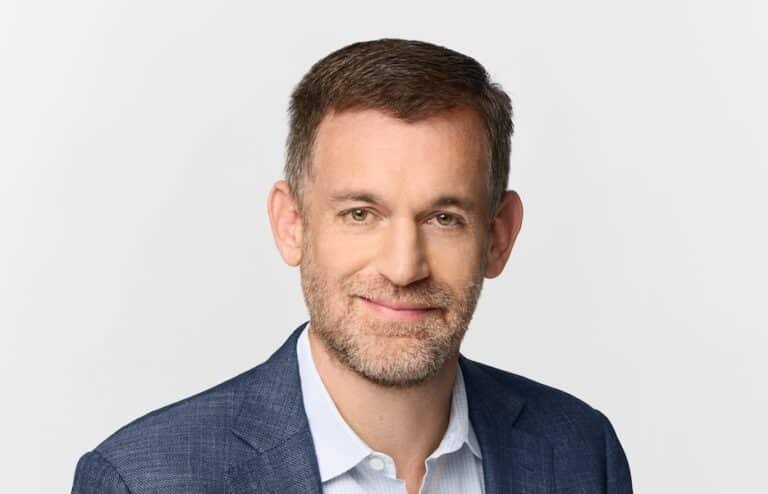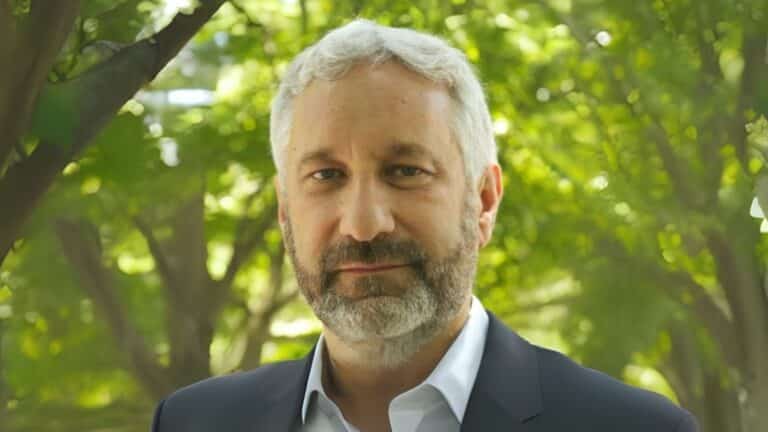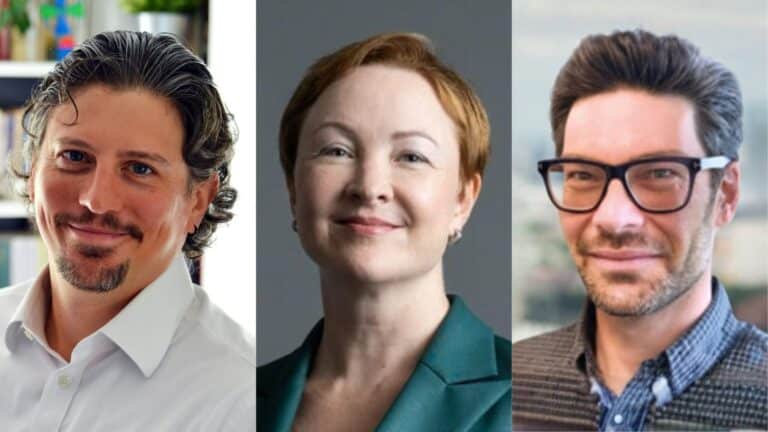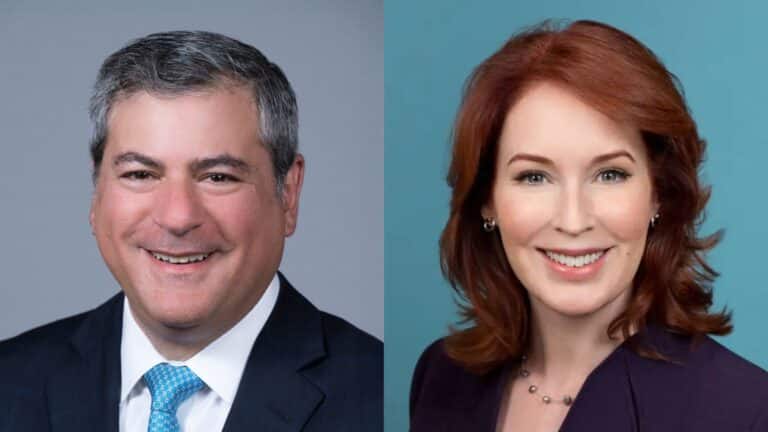Trump’s Russia Sanctions Are Really Putting the Hurt On
He was late to the show, but he brought a big stick.
Current Access Level “I” – ID Only: CUID holders, alumni, and approved guests only
What are the legal pathways to reducing carbon emissions? On this episode of Columbia Energy Exchange, host Jason Bordoff is joined by Michael Gerrard, Founder and Director of the Sabin Center for Climate Change Law at Columbia University. Michael Gerrard is a professor of environmental law, climate change law, and energy regulation, and a member and former Chair of the Faculty of the Earth Institute at Columbia. He is the author and editor of more than a dozen books, two of which were named Best Law Book of the Year by the Association of American Publishers. His latest effort, “Legal Pathways to Decarbonization in the United States,” is an extensive policy encyclopedia that presents a menu of recommendations for policymakers, the legal community, and students to enable and accelerate decarbonization in the U.S.
In a wide-ranging conversation, they discuss the playbook of legal options available to cut emissions and tackle the challenge of climate change – from fuel-switching to carbon capture, carbon pricing and identifying emission reduction pathways in trade and tax policy, they dissect policy recommendations for moving the U.S. toward a 2-degree pathway in order to meet the goals of the Paris Agreement on climate change.
Elected officials face huge challenges when it comes to energy policymaking. They have very little time to learn complicated, nuanced issues. They're bombarded by information — some of...

The ten years since the Paris Agreement was signed at the UN Climate Change Conference, COP 21, have been the ten hottest years on record. And the outcome...

Last week, President Trump announced that he was imposing significant new sanctions on Russia. It’s an effort to cut off revenue Russia needs for its war in Ukraine....

Energy has long been used as a weapon. The United Kingdom blocked oil exports to Germany during World War I. Hitler’s fall was due in part to losing...

The fashion industry sits at the intersection of climate, energy, and consumption, facing growing pressure to cut emissions, transition to clean energy, and build circular systems across global supply chains.

Artificial intelligence is driving a massive technological transformation that is already reshaping many aspects of daily life.

Why Ukraine’s campaign against Moscow’s energy sector is working.

Why Big Tech’s energy problem might prove crucial to fighting climate change.
